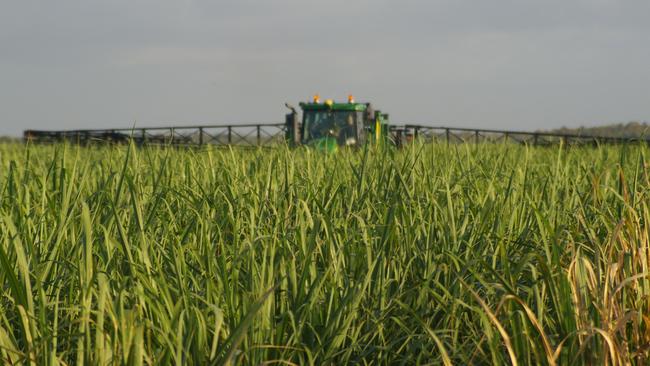Fertiliser woes: The latest decision from China
The latest in a series of Chinese government decisions to restrict fertiliser exports could have serious ramifications for Australian agriculture.

A decision by the Chinese national government to halt fertiliser exports until mid-2022 could have dramatic ramifications for the global agricultural community.
It is understood Chinese ports will no longer accept fertiliser vessels, in a bid to lower the cost of fertiliser in China for primary producers.
It is the latest in a series of restrictions the Chinese government restrictions designed to support farmers.
The cost of urea has lifted more than $600 year-on-year, with Middle East urea fetching $324 a tonne in October 2020, compared to $925 a tonne today.
Thomas Elders Markets analyst Andrew Whitelaw said the move was “just another nail in the coffin” for the global fertiliser industry.
“The crux of it is China wants to encourage their farmers to grow as much as possible. But one limiting factor is fertilisers have increased so much this year,” Mr Whitelaw said.
And while Australia does not export a large quantity of fertiliser from China, less supply in the global market will affect Australian agriculture, according to Mr Whitelaw
“What’s happening in fertiliser is China’s export halt is also a symptom of other things as well,” Mr Whitelaw said.
“This energy crisis is in every country now … Lebanon has shut down its power for three days as they can’t fuel themselves. India will have power outs, and Europe has its gas problems.”
When comparing the cost of grain to the cost of urea, Mr Whitelaw said there was “very little” that could push down the cost of fertiliser in the near future.
“The biggest challenge is not so much the cost, but a combination of factors/ High fertiliser costs are not an issue if the grain price kicks up. At present, it costs you 2.7 tonnes of wheat for every tonne of urea, and that’s the highest it’s been since May 2013.”
“That put us at extreme levels … we’re only a short period away from being at the worst price levels, speaking as a ratio, since the early 2000s.”
In Western Australia, Nutrien Ag Solutions recently expanded its fertiliser business and storage facilities to provide access to fertiliser ahead of harvest.
The long-term bulk storage and services agreement between Nutrien Ag Solutions and local WA company, Coogee Chemicals, has increased Nutrien’s liquid storage capacity in WA to 50,000mt.
Nutrien managing director Rob Clayton said the significant capacity investment would increase supply and consistency for Western Australia producers.





